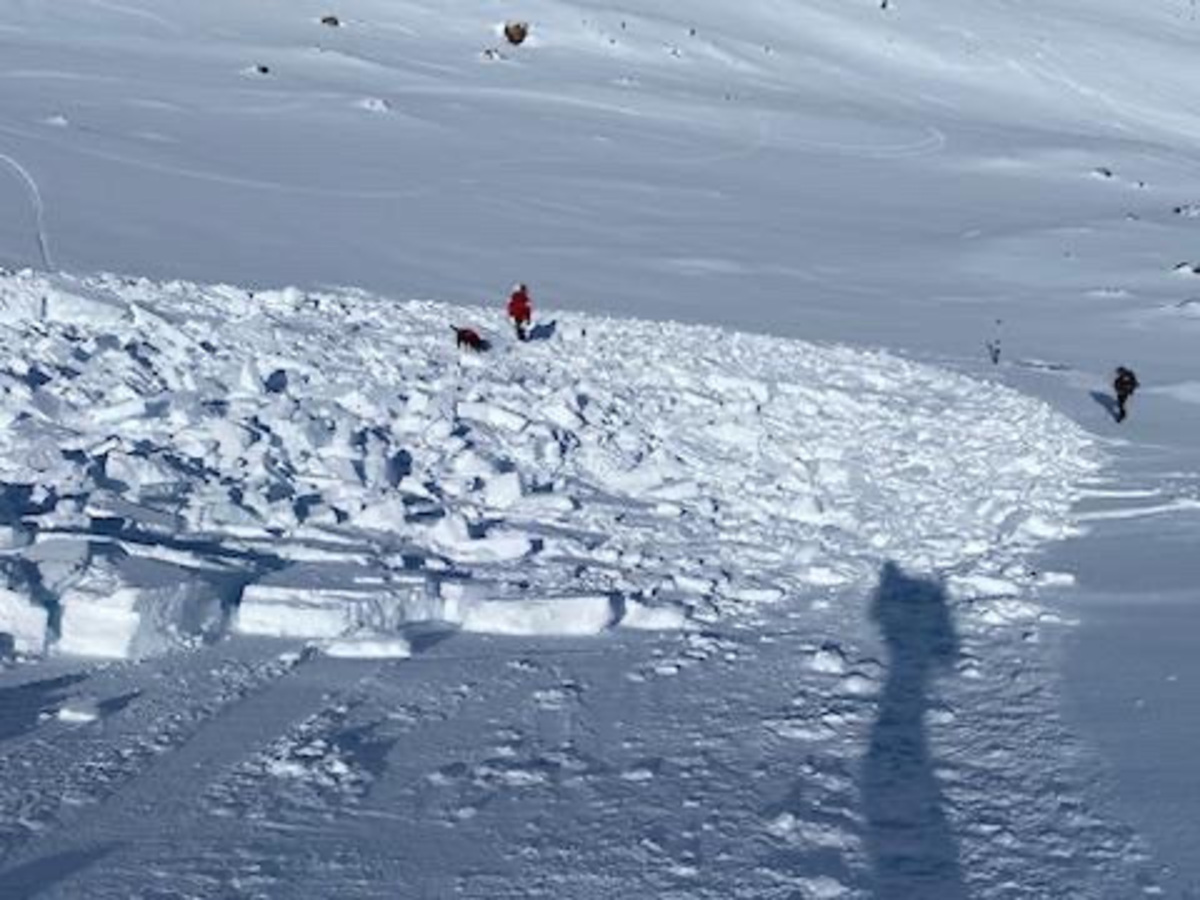‘Close calls’ a timely reminder - MSC

16 August 2024, 5:00 PM
 Local Search and Rescue Dogs Avalanche team search the debris at the site of an avalanche on Mt Ruapehu last weekend.
Local Search and Rescue Dogs Avalanche team search the debris at the site of an avalanche on Mt Ruapehu last weekend.The New Zealand Mountain Safety Council (MSC) is reminding skiers and snowboarders to adopt backcountry precautions when leaving a patrolled ski area following at least three avalanches near ski fields last weekend.
None of the avalanches were in the Southern Lakes area but they still provide a timely reminder of the risks involved with going into the backcountry and the importance of being up to date with NZ Avalanche Advisory (NZAA) forecasts, MSC chief executive Mike Daisley said.
“These incidents really highlight that all slopes beyond ski field boundaries, no matter how close, should be regarded as backcountry terrain and treated accordingly,” Mike said.
“Fortunately, in these cases, no one was injured, despite several close calls.”
The NZAA provides daily avalanche forecasts for 13 backcountry alpine regions around the country (including Wānaka, Aspiring and Queenstown).
It had identified a range of avalanche problems for the weekend,with most regions given a ‘moderate’ or ‘considerable’ avalanche danger rating.
“...backcountry enthusiasts need to get the NZAA avalanche forecast and adapt their plans based on the information,” Mike said. “They must have proper training to mitigate their risk, and carry avalanche rescue equipment and know how to use it.”
Skiing within the ski field boundary means you're within a controlled environment where ski patrols monitor and manage avalanche danger, Mike said.
“In contrast, skiing in the backcountry is an uncontrolled, wild environment, where avalanche hazards are not actively managed,” he added.
“Those venturing beyond the patrolled ski area boundaries need to take responsibility for assessing the terrain, understanding snow conditions and making safe decisions.”
Visit the NZAA website here.
PHOTO: NZ Police





